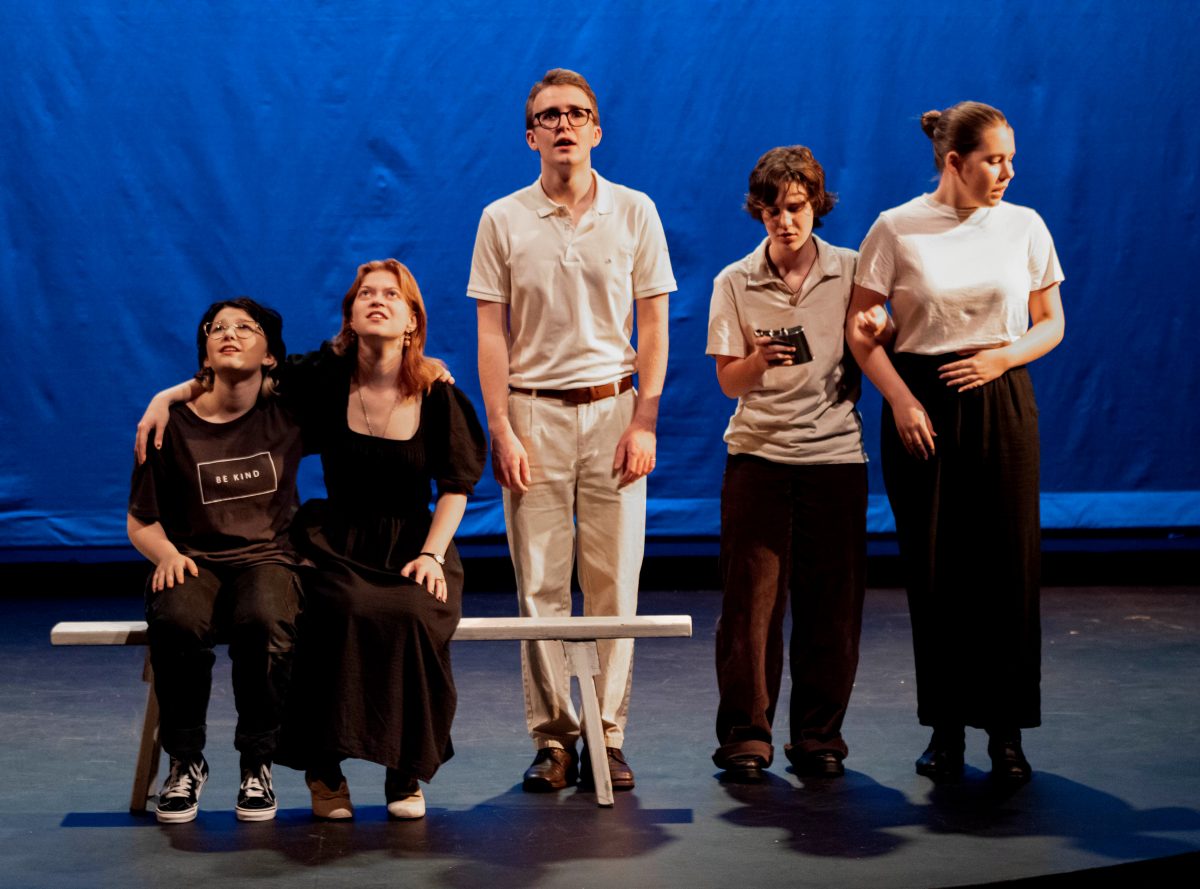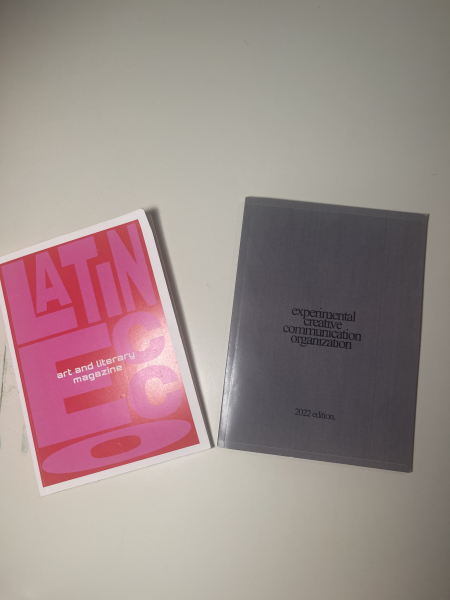Status at Latin
How does status manifest itself in society? Or, more specifically, in the Latin community? In response to the insurrection of the Capitol on January 6, history teacher Stephanie Stephens delved into how status motivated the rioters, using Thomas Edsell’s article, “The Resentment That Never Sleeps,” to inform her statement at Friday’s gathering and her class discussions: “He talked about this fear and resentment that stems specifically from losing one’s place in the social order or a decline in one’s social status,” she explained.
Edsell connects the alt right movement to the increasingly noticeable societal competition to achieve status, “prompting a collection of emotions including envy, jealousy and resentment that have spurred ever more intractable conflicts between left and right.” With the dissolving middle class and increasing diversification that accompanies the technological revolution, many less-educated white people unjustifiably resort to hate as a result of their displacement in the social hierarchy, and, as of late, they channeled their frustration through domestic terrorism.
While social stratification at Latin has yet to catalyze an insurrection, Ms. Stephens furthered the discussion of status produced in the wake of current events by asking her students how it affected their lives at Latin. “Latin’s community is a very status-based environment, especially with interactions between students,” junior and member of Ms. Stephens’s U.S. history class Kazi Stanton-Thomas said. Ze discussed the hierarchy created among students based on socioeconomic status. “There is a stigma around requiring financial support to come to this school.” Not all students can afford the $38,100 annual tuition, and Kazi said ze noticed that other students would treat zir differently once they found out ze didn’t pay full tuition. A student once “said I only got into this school because I was Black, and that was the only reason I got financial aid in the first place,” Kazi recalled.
In addition to history class discussions, the insurrection prompted the Identity Coalition for Latin (ICFL) to assess status in the context of Latin. ICFL member Naomi Altman said, “From the neighborhood you live in, the amount of time you’ve gone to Latin, and to even what you wear, status is engraved into the culture of Latin.”
“I believe that, at Latin, status is shown through popularity, the certain college that you get into, success in academics, and athletic achievements,” said junior Lucy Norris, a student whom Ms. Stephens referenced in her statement at gathering. Lucy said that the college admissions process and academic rigor determine whether a student is considered of higher status at Latin, especially when discussing which colleges students get into and their test scores. “Students at Latin believe that the only way to be successful and achieve high status is to go to those few extremely selective schools,” she said. “This creates an incredibly toxic environment.”
Perhaps the socioeconomic and academic constructs that factor into Latin’s social hierarchy also worked together in the anger of many Trump supporters. Edsell discussed in his article how the emphasis on academic prestige impacts the common status of those who participated in the insurrection of the Capitol:
“Millions of voters, including the core group of Trump supporters—whites without college degrees—face bleak futures, pushed further down the ladder by meritocratic competition that rewards what they don’t have: higher education and high scores on standardized tests.”
To conclude her statement at the January 8 gathering, Ms. Stephens asked, “Will our society and economy recalibrate to be more inclusive?” So, how can Latin break deep-rooted status norms?
“I think that status will always be a part of all our lives, although I think that Latin could do a better job of celebrating different kinds of achievements,” Lucy said. Status systemically embeds itself in everyone’s daily life, but she thinks that the Latin community can make an effort to acknowledge a more inclusive range of status-conscious topics.
“There’s a barrier between who I am and how people perceive me because of the status that I hold,” Kazi noted, “which many don’t consider favorable.” Ze said that as a racial, gender, and sexual orientation minority, ze feels pressure to change how ze projects zirself to fit in. “I don’t think we should have to code switch to feel comfortable in our space,” Kazi said, although ze mentioned that there’s nothing wrong with code switching, “which requires people with a ‘higher status’ on our social hierarchy to stop holding stigmas against other people and start considering the whole value of a person.” Ze asks community members to ask themselves in regards to their perception of status, “Is that really truly what I believe or is that what I was taught how I should think?”

Marin Creamer ('22) can’t wait to serve her first year as an Editor-In-Chief for The Forum. Writing and editing for the publication has been...













































